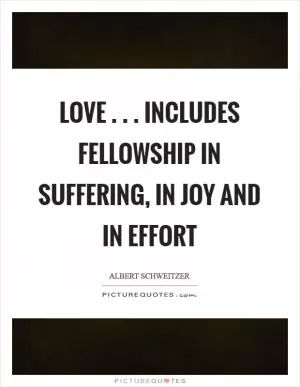By respect for life we become religious in a way that is elementary, profound and alive

By respect for life we become religious in a way that is elementary, profound and alive
Albert Schweitzer, a renowned theologian, philosopher, and physician, believed that respect for life was the cornerstone of true religious faith. He argued that by honoring and valuing all forms of life, we can cultivate a deep and meaningful connection with the divine. Schweitzer's philosophy was deeply rooted in his belief that all living beings are interconnected and deserving of reverence and compassion.For Schweitzer, respect for life was not just a moral imperative, but a spiritual practice that could lead to a profound sense of connection with the universe. He believed that by treating all living beings with kindness and compassion, we could tap into a higher consciousness and experience a sense of unity with all of creation. This, in turn, could lead to a deeper understanding of our place in the world and our relationship to the divine.
Schweitzer's reverence for life extended beyond human beings to include animals, plants, and even inanimate objects. He believed that all forms of life were interconnected and deserving of respect and care. This belief was reflected in his actions as well as his words – Schweitzer was a passionate advocate for animal rights and environmental conservation, and he lived a simple and sustainable lifestyle that reflected his commitment to the well-being of all living beings.
In Schweitzer's view, true religious faith was not about following a set of rules or doctrines, but about cultivating a deep and abiding respect for all forms of life. This respect, he believed, was the key to unlocking the true potential of the human spirit and experiencing a sense of connection with the divine. By honoring and valuing all living beings, we could tap into a source of wisdom and compassion that transcended our individual selves and connected us to something greater than ourselves.












 Friendship Quotes
Friendship Quotes Love Quotes
Love Quotes Life Quotes
Life Quotes Funny Quotes
Funny Quotes Motivational Quotes
Motivational Quotes Inspirational Quotes
Inspirational Quotes